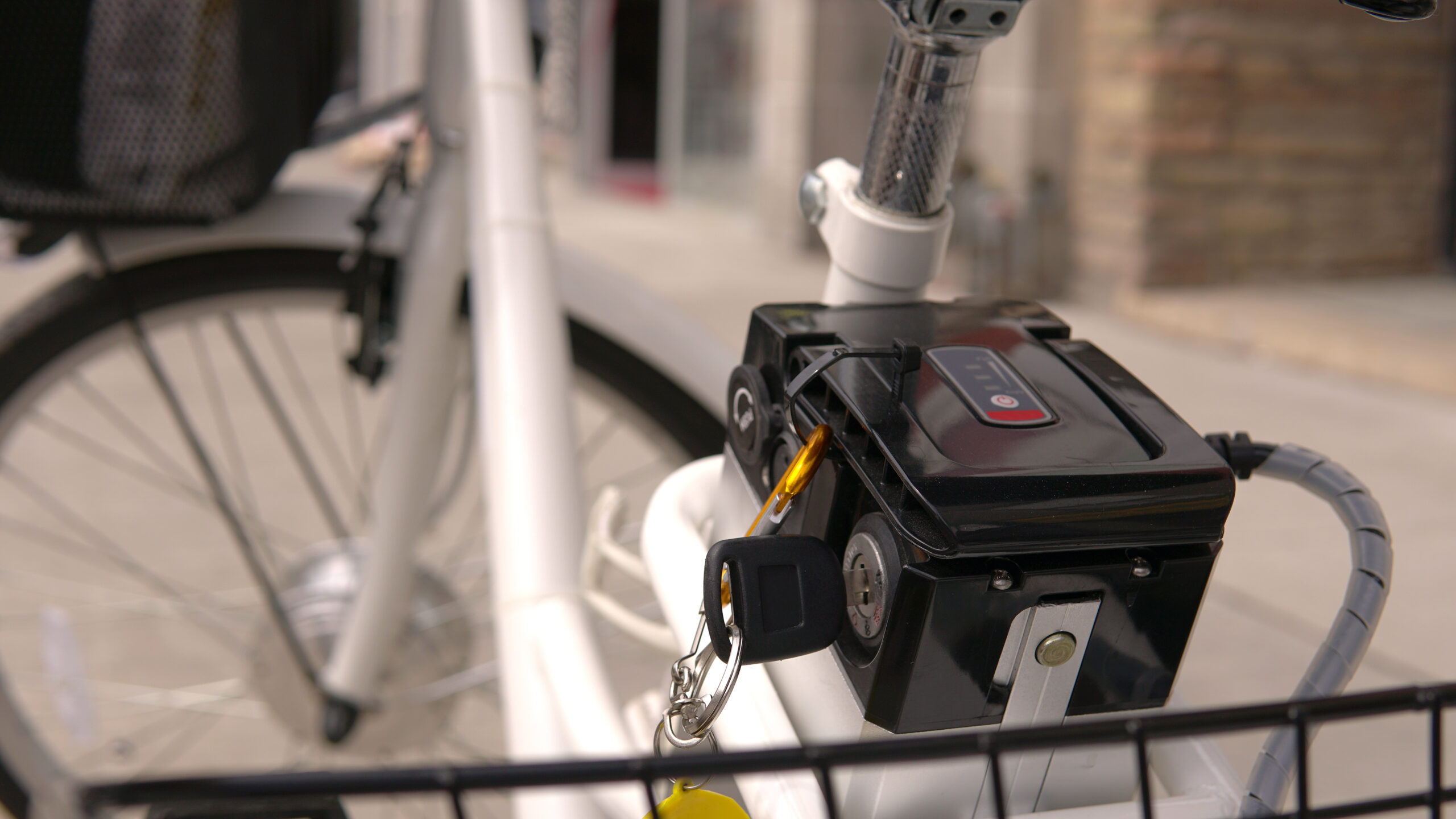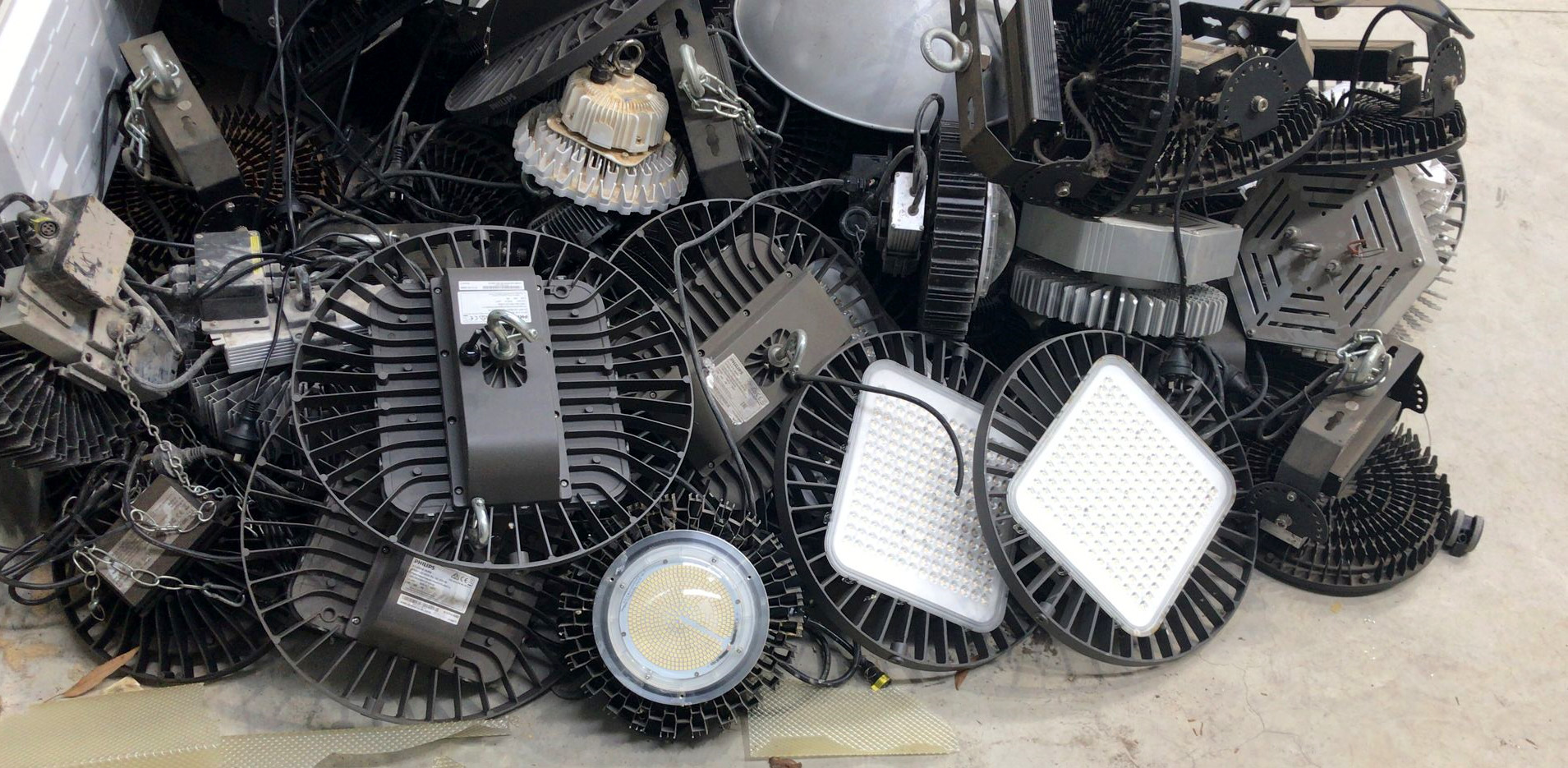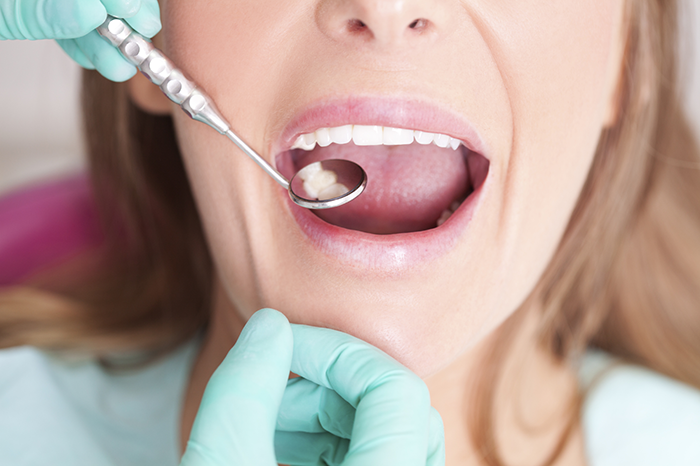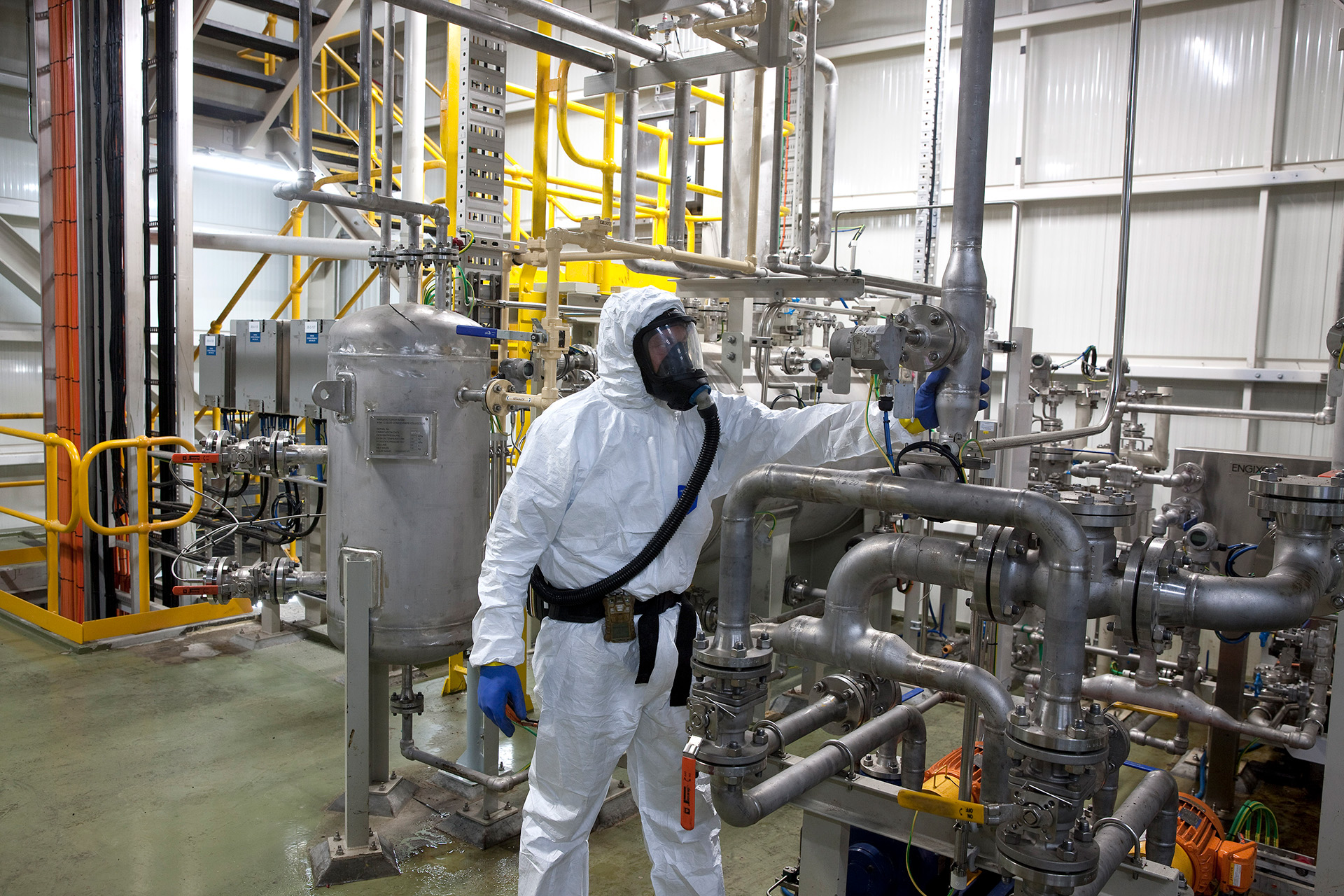Many people who work with mercury don’t even know it. It is present in fluorescent lighting, some types of dental, medical and mining waste, and in a wide range of industrial equipment. If you have anything to do with these industries, your obligation for their safe disposal is about to increase.
We’ve put together four key things you need to know about Minamata, and what it means for you and your business.
1. The Minamata Convention Keeps Mercury Out Of Our Environment And Waterways
The Minamata Convention is a United Nations-backed initiative aimed at ensuring the world effectively deals with the problem of mercury pollution.
Mercury dumped in waterways and landfill can have devastating effects, not only on the local environment, but can cause the horrific Minamata disease. You can read more about the effects of mercury poisoning and Minamata disease here.
The Minamata Convention doesn’t aim to ban the use of mercury in business, but instead aims to reduce the use of mercury in unsafe applications and to ensure that mercury is disposed of safely to keep it out of the environment.
2. Australia Has Signed The Minamata Convention
Australia has signed the Minamata convention, and the government is currently in the final stages of consultation with industry to ratify it.
This will affect any Australian business that has anything to do with mercury and mercury-containing equipment.
3. The Responsibility For Recycling Mercury Now Falls On You
When it comes to mercury, Australian businesses are not great recyclers. Only a small fraction of the mercury contained in fluorescent lighting, dental waste such as amalgam, and medical and industrial waste gets recycled.
With the Minamata Convention, the responsibility will fall onto the businesses that generate and handle mercury-containing waste to ensure they dispose of it properly.
4. What Can You Do About It?
Dentists in the spotlight
Dental amalgam is around 50% metallic mercury. It is quite safe in the form of dental fillings, but around 90% of amalgam from replaced fillings and spent amalgam capsules ends up in waterways and landfill. There it can be converted to methylmercury, a highly toxic form that easily enters our food chain.
The sheer amount of mercury used by dentists each year will ensure they are a primary focus for action on reducing mercury pollution.






